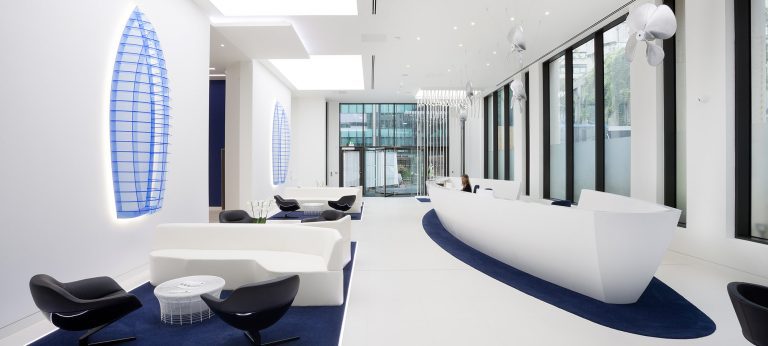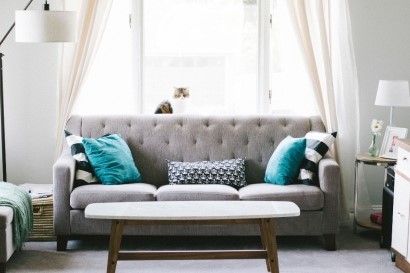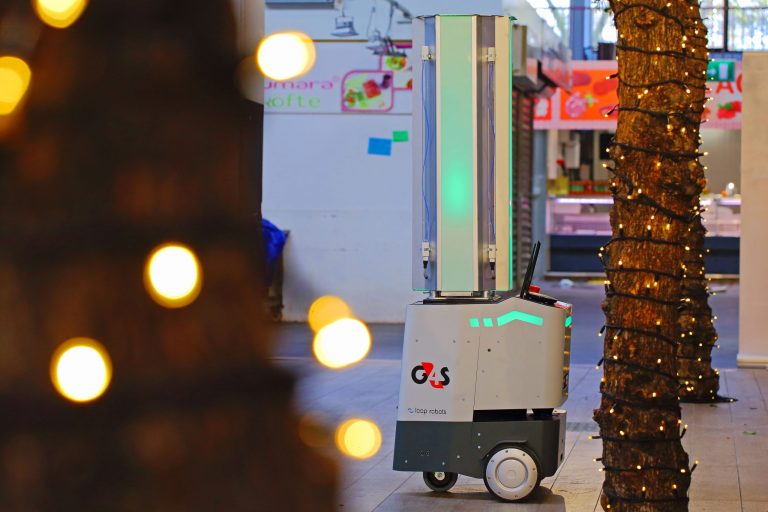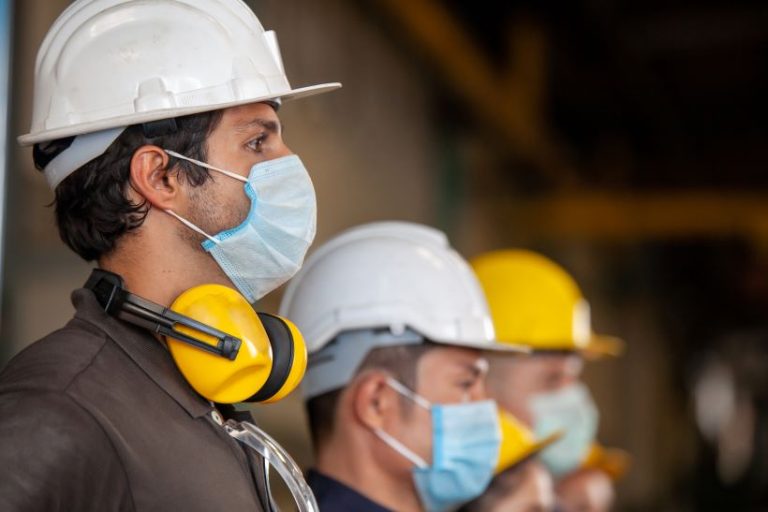Corksol UK, the Yorkshire-based company that exclusively distributes Corksol SprayCork to approved applicators across the UK, has announced the launch of a new, innovative spray solution, Protesol Anitviral, which is scientifically proven to protect treated surfaces against 99.99% of harmful bacteria and viruses, including SARS and Coronavirus. With COVID-19 dominating the health agenda, Corksol took matters into its own hands sourcing an antiviral solution that seeks to reduce transmission of Coronavirus between individuals by protecting surfaces. The ground-breaking new spray solution, developed and certified in Spain, can be retro applied to surfaces in a wide range of settings from healthcare facilities and public transport, through to educational establishments and leisure spaces in a bid to provide extra protection when it comes to hygiene and sanitation measures. Not only does this coating help to eliminate 99.99% of harmful bacteria and viruses from surfaces, including COVID-19, applying Protesol Antiviral Spray will also cut down on time spent cleaning as well as provide a more eco-friendly solution as it eliminates the need for single use wipes and bleach-based products. Effective for use on a variety of materials including plastic, ceramic, metal, laminate and some painted surfaces, Protesol Antiviral Spray can be applied to most nonporous surfaces and is suitable for both commercial and domestic use. The coating works to destroys any harmful bacteria and viruses currently cultivating on the surface, before creating a barrier-effect which eliminates any opportunity for bacteria or viruses to grow. Most viruses, including Coronavirus, have a fatty surround and in order to kill the virus effectively, a cleaning agent must get through this robust fatty layer to get to the virus itself. This is what sets Protesol Antiviral apart from other shop-bought cleaning products. Joff Ward, director of Corksol UK comments: “Last Autumn when we realised the extent of this pandemic and how long we would be facing this invisible battle, we searched for a solution that could protect surfaces and individuals against harmful viruses. Our Spanish manufacturer has developed a validated, accredited solution that can be retro sprayed on to a huge range of surfaces to help cut down transmission. We have worked with them to develop ways of applying it using our skillset, and have launched an easy to use solution that be used in a wide variety of settings. “We have trialled it on numerous surfaces from desks to rugby balls and have seen for ourselves that the solution remains after cleaning and everyday use.” When it comes to rolling this product out, places with high traffic footfall and urgency will take priority. Hospitals and doctors surgeries, schools, colleges, universities, supermarkets will be protected first, with sports stadiums, clubs and gyms and pools following suit. Protesol Antiviral has already seen successful trials in Spain, most recently with furniture giant IKEA. The coating was applied to serving trays in restaurants and trialled over a four week period, with the solution remaining intact and active even when put through the dishwasher repeatedly. Protesol is also running a trail period with Aldi for use on their basket handles, and a number of other large companies in Spain, including a train and furniture manufacturer. The first company to trial the use of Protesol Antiviral was Ofita, manufacturers of designer furniture. CEO of the Spanish company, Camilo Agromayor added: “The virus-safe desks are a unique milestone in the challenge of achieving safer offices, particularly against Coronavirus. This protection is a guarantee of greater safety to our customers, both in individual workstations and in common spaces shared by multiple people.” Application of the coating is simple and straightforward, making it a viable option for any maintenance team who can easily apply it. The solution is sprayed onto a non-porous surface using a spray gun for large scale coverage, or simply add drops of the solution onto the surface and apply by hand with a microfibre cloth for smaller areas. To set the coating, using a paint stripping heat gun will help seal the resin in place, but it can be left to cure naturally in some circumstances, like in a school over the summer holidays. Protesol Antiviral will be available to purchase through Hardgear Healthcare, specialist provider of protective equipment. For further information about Protesol Antiviral, please visit www.protesol.co.uk














